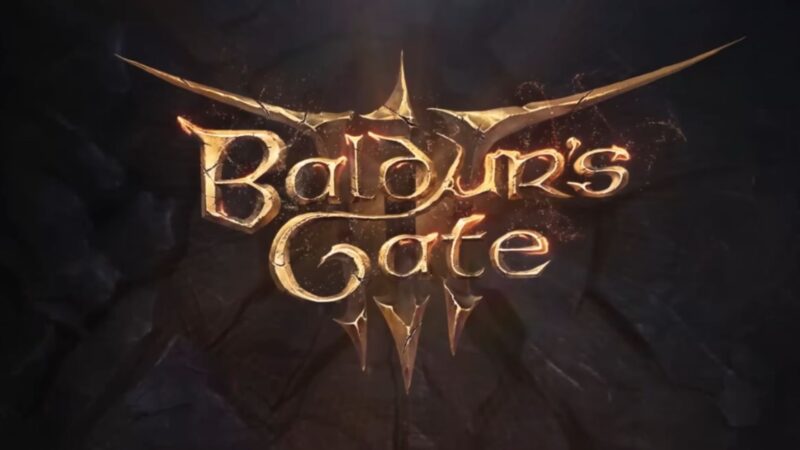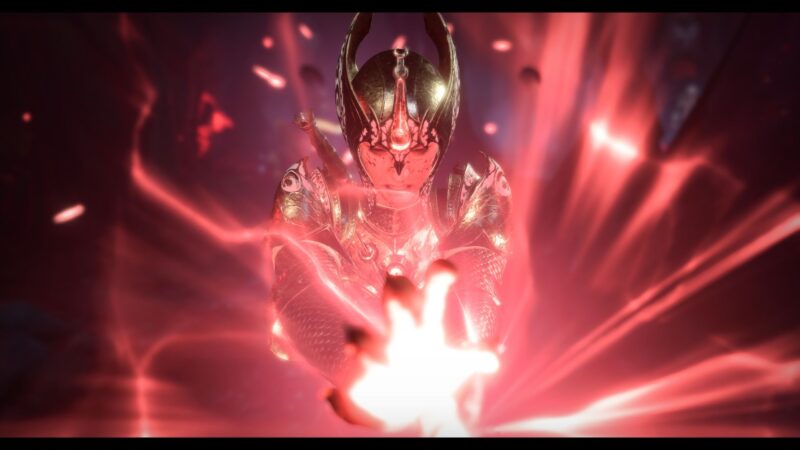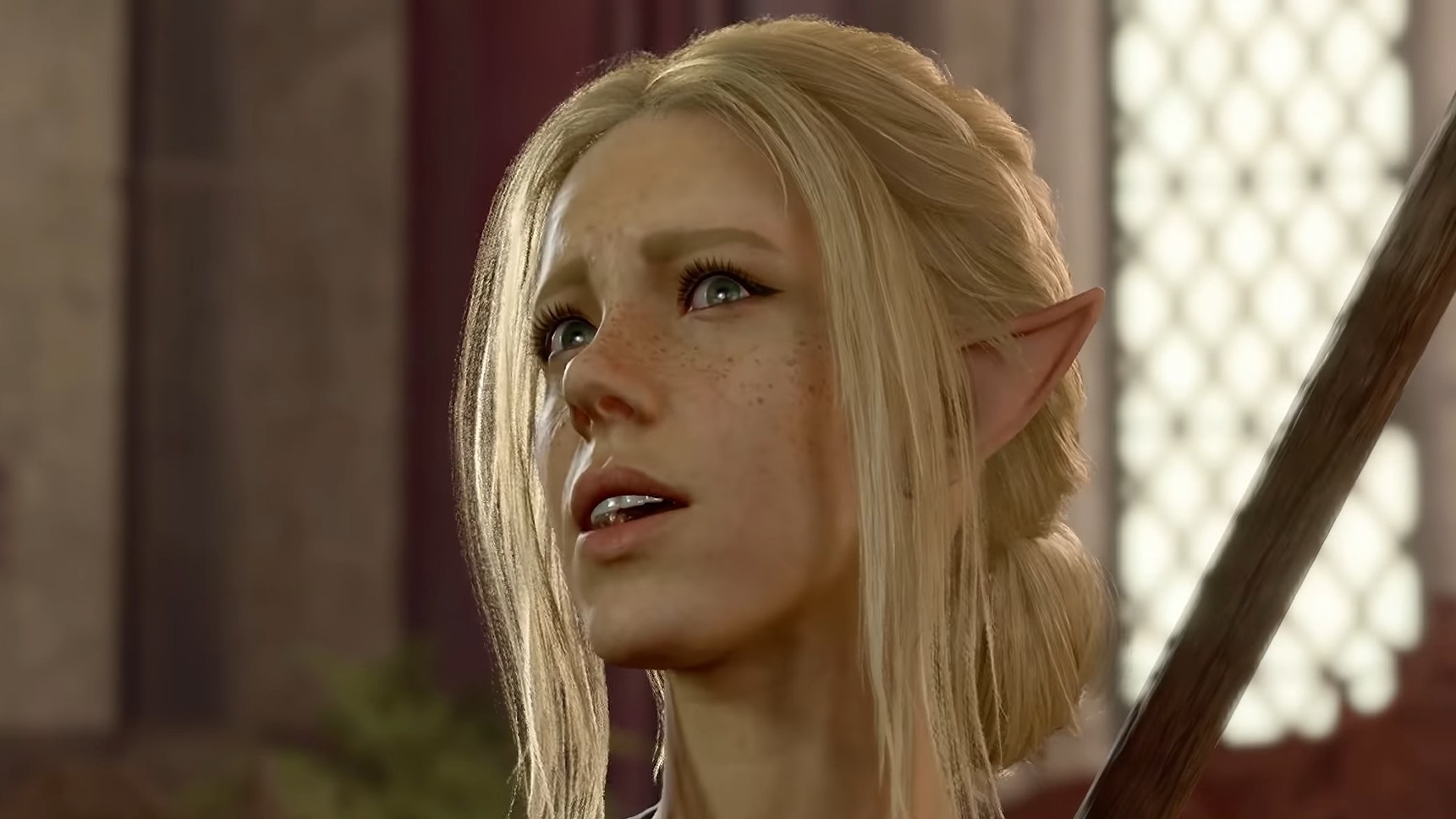In Baldur’s Gate 3 the Classes and Subclasses will form your character identity and playstyle, so which should you choose?
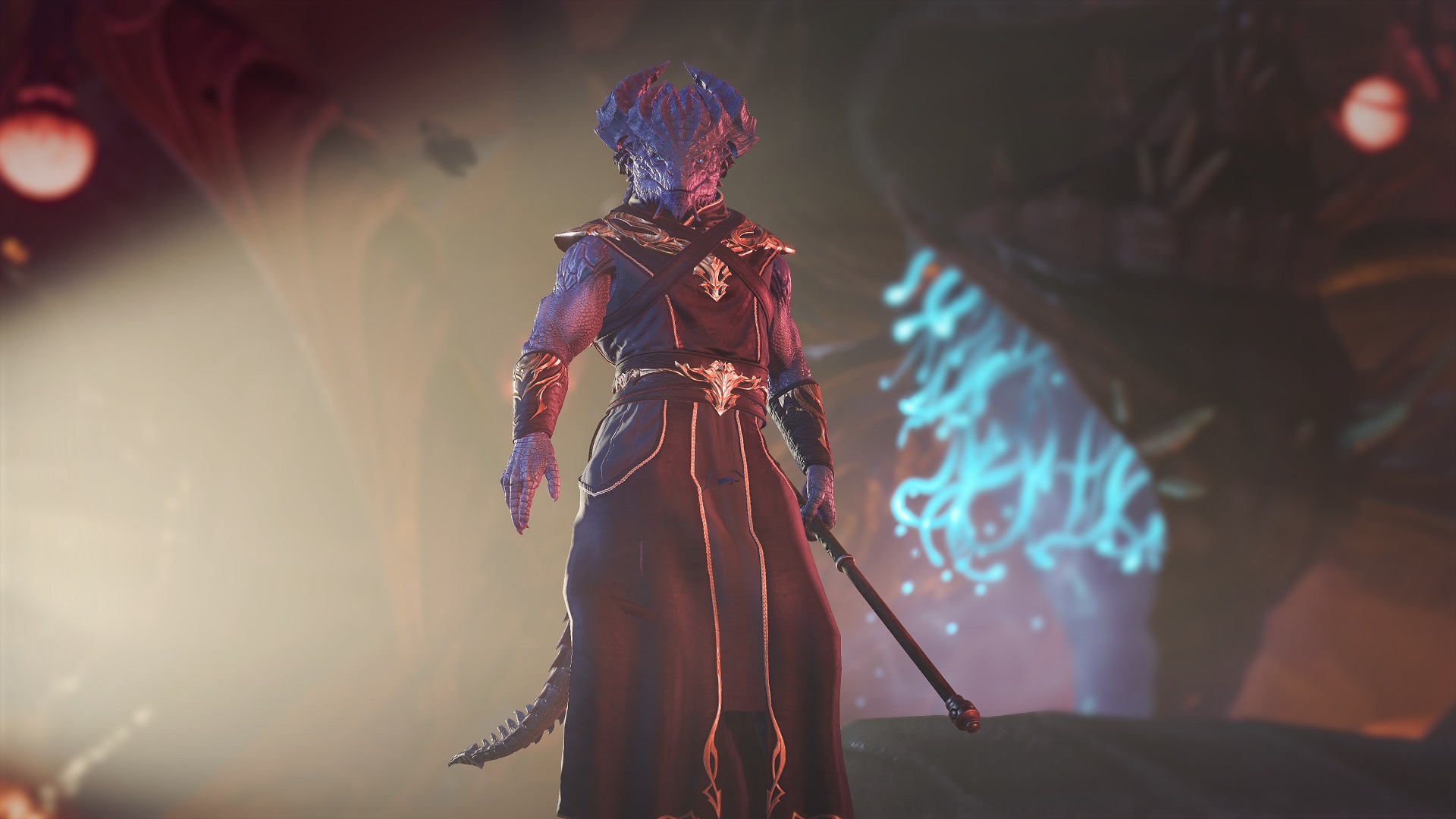
In Baldur’s Gate 3, all classes and Subclass are powerful but distinct, with their own set of skills, spells, strengths, and weaknesses. When creating a new character, many factors define if a specific class or race choice is for you. The game is based on D&D 5th edition, and the best combinations are vastly defined by it. In the following guide we’ll explain what classes and subclasses are, how they work, recommended stats and more to help you choose what’s best for your Baldur’s Gate 3 playthrough!
This guide has been updated for the Patch 8 version of Baldur’s Gate 3.
How Classes and Subclasses Work in BG3
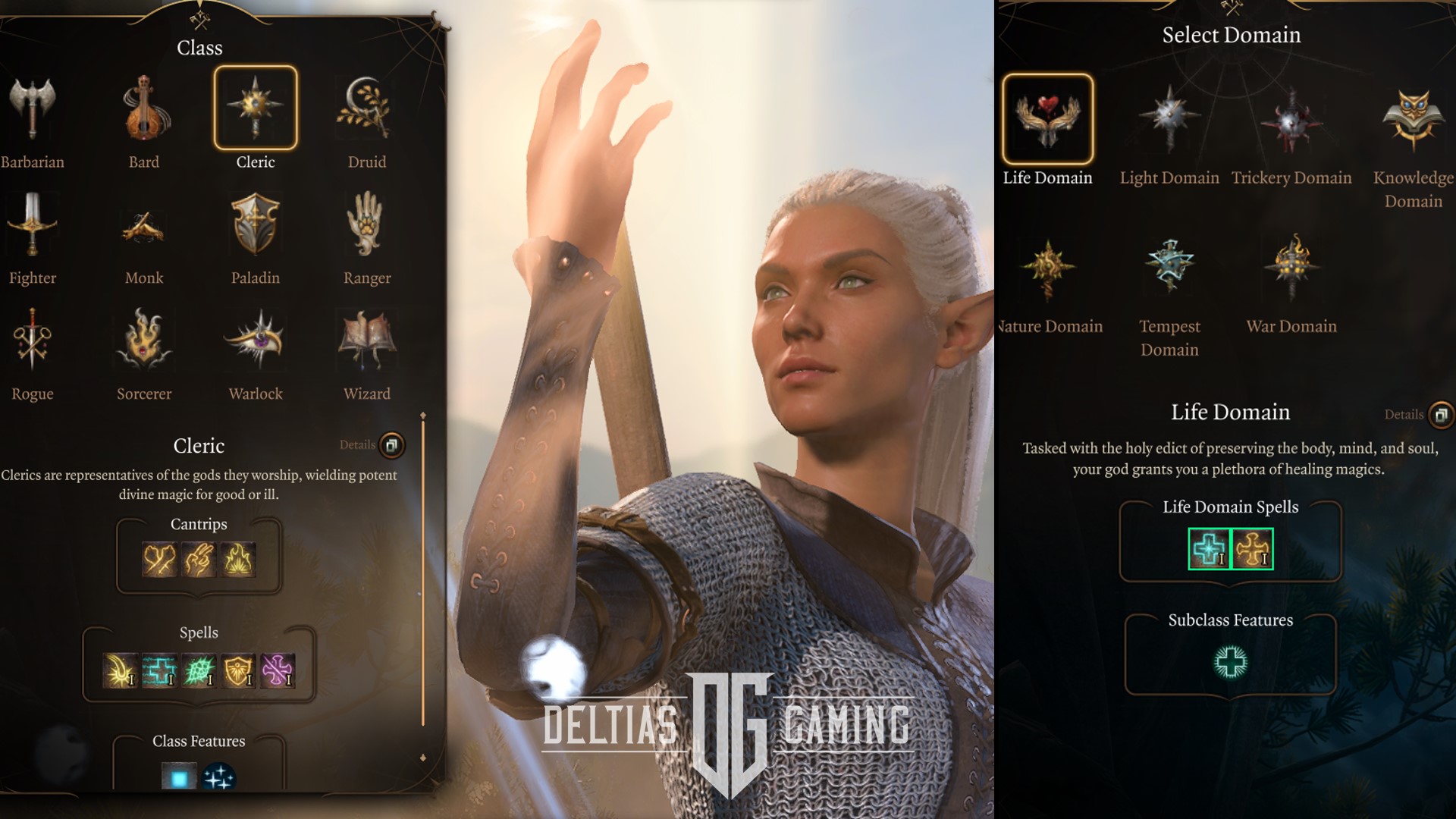
Your class and subclass in Baldur’s Gate 3 will determine what spells or weapons you can use, how much damage you can deal, healing you can do, and how much survivability you have. Furthermore, your primary ability scores will impact your character’s utility outside of combat. A high Dexterity Rogue can more easily pickpocket and disarm traps, a high Charisma Warlock or Bard can persuade or deceive more easily, or a high Strength Barbarian can jump and throw things farther.
There are 12 classes and 46 subclasses in Baldur’s Gate 3. When you collect enough experience points, you’ll need to choose your subclass specialization. Different Subclasses branch out and help you improve your initial class and also gain unique abilities and spells. For example, as a Druid, you can become a member of the Circle of the Moon, which focuses on shapeshifting, or the Circle of the Land, which focuses on using Nature Magic.
Don’t let all of the available choices overwhelm you, however. You can respec your character and your companions’ class using the NPC Withers. He can be located inside the Dank Crypt which is directly northeast of where you wake up after the ship crash and the prologue. The entrance, however, is a little further to the north from the old ruins. After you recruit Withers, you can choose from any of the available classes or subclasses in Baldur’s Gate 3.
What is the Best Class in Baldur’s Gate 3?
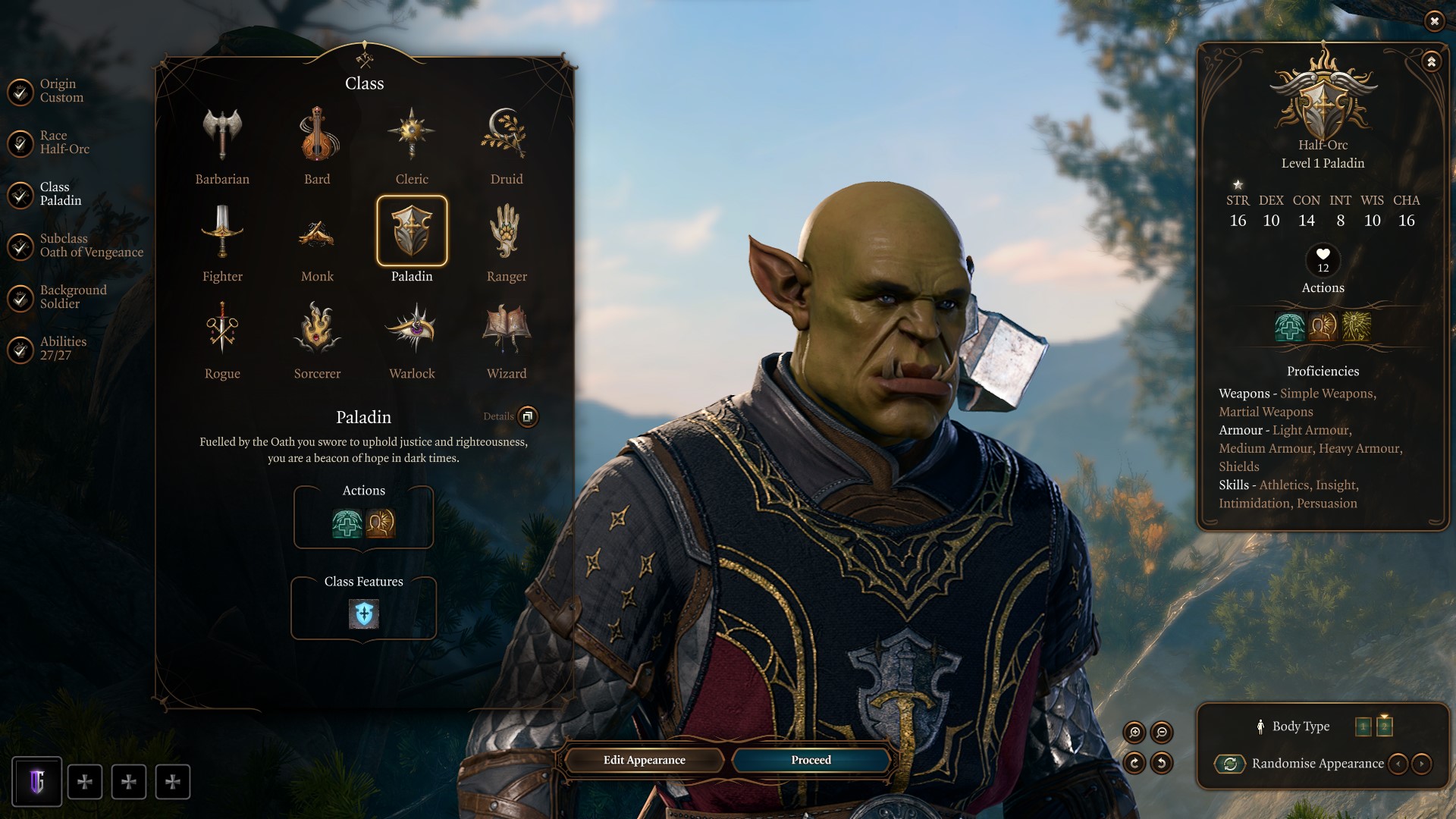
The best overall class in Baldur’s Gate 3 is the Paladin because it has good damage, survivability, and group utility. Moreover, the Paladin has access to all types of gear sets and armour, giving them various equipment choices. However, there are many subcategories to take into consideration and their playstyle can be complex. Overall, each class in Baldur’s Gate 3 is good or the best at something. Therefore, in Baldur’s Gate 3, choose classes and subclasses that match your favorite playstyle.
Here are the best classes in Baldur’s Gate 3 tier list:
- S tier – Paladin, Cleric, Fighter
- A Tier – Sorcerer, Ranger, Barbarian, Monk
- B Tier – Wizard, Rogue, Bard, Druid, Warlock
Greater difficulty or solo playthroughs may require carefully planning your party composition or the best possible combinations of spells and strong complementary character builds. Here is a short overview of the best classes for each role in the group:
| Role in The Party | Best Class | Reason |
|---|---|---|
| Best Melee DPS | Paladin (Oath of Vengeance) | You can use the Divine Smite ability to perform multiple extra attacks for the best single-target damage. |
| Best Range DPS | Ranger (Gloom Stalker) | Multiple attacks per turn with high chances for successful hits and critical single-target damage. |
| Best Spellcaster DPS | Sorcerer (Draconic Bloodline) | They have Metamagic and the ability to manipulate it for extra bonuses. Elemental Affinity increases elemental damage. |
| Best Healer | Cleric (Life Domain) | Access to the game’s best healing and various buffs and support spells. |
| Best Tank | Fighter (Battle Master) | Great armor choices. The Goading Attack can act as a taunt. Fantastic with heavy armour and a shield. |
| Best Utility | Bard (College of Valour) | Bardic inspiration is complemented by utility and versatility. It has the best skill proficiencies and roleplaying aspects. |
What is the Easiest Class to Play in Baldur’s Gate 3?
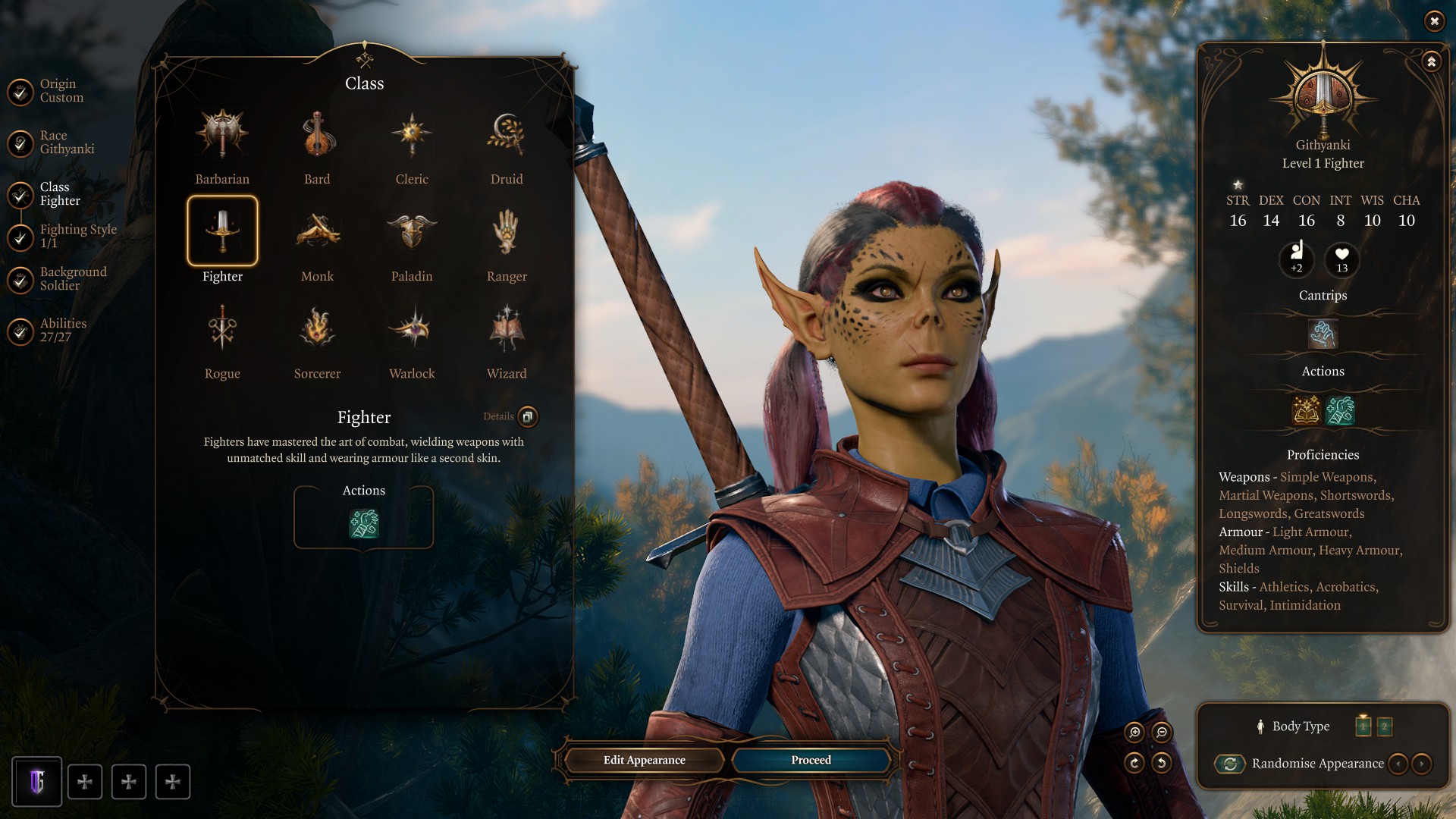
The Fighter is incredibly powerful and the most accessible class to play in Baldur’s Gate 3. You’ll be able to control the battlefield and have a decent health pool to help your character survive. If you enjoy melee, especially the two-handed sword playstyle, then the Fighter (or Barbarian) is for you! If you are an advanced player, pick Paladin. They are complex but mighty, and one of the best classes in the game.
Alternatively, you can pick Rogue Thief or Ranger Gloom Stalker. These are dexterity-based classes that, when you understand Advantage and learn how to attack from stealth, will deal fantastic damage! Additionally, the Monk is a distinct class with many dedicated gear sets in the game and a powerful choice.
Spellcasters are a little more complicated and depend on your preferences, with Sorcerers being the strongest in the end-game. However, you can never go wrong with Warlock or Wizard. Wizard has more variety in spells, while Warlock has the most potent cantrip. You can pick Druid if you are new to Baldur’s Gate 3 and want a versatile and durable spellcaster that can transform into various creatures with a Wild Shape mechanic.
Ultimately, the best class is the one that aligns with your playstyle and preferences. Your character, your journey – so choose what classes and subclasses resonate with you, and enjoy a fantastic experience in Baldur’s Gate 3!
Also Check:- BG3 Interactive Map
All Baldur’s Gate 3 Classes and Subclasses List
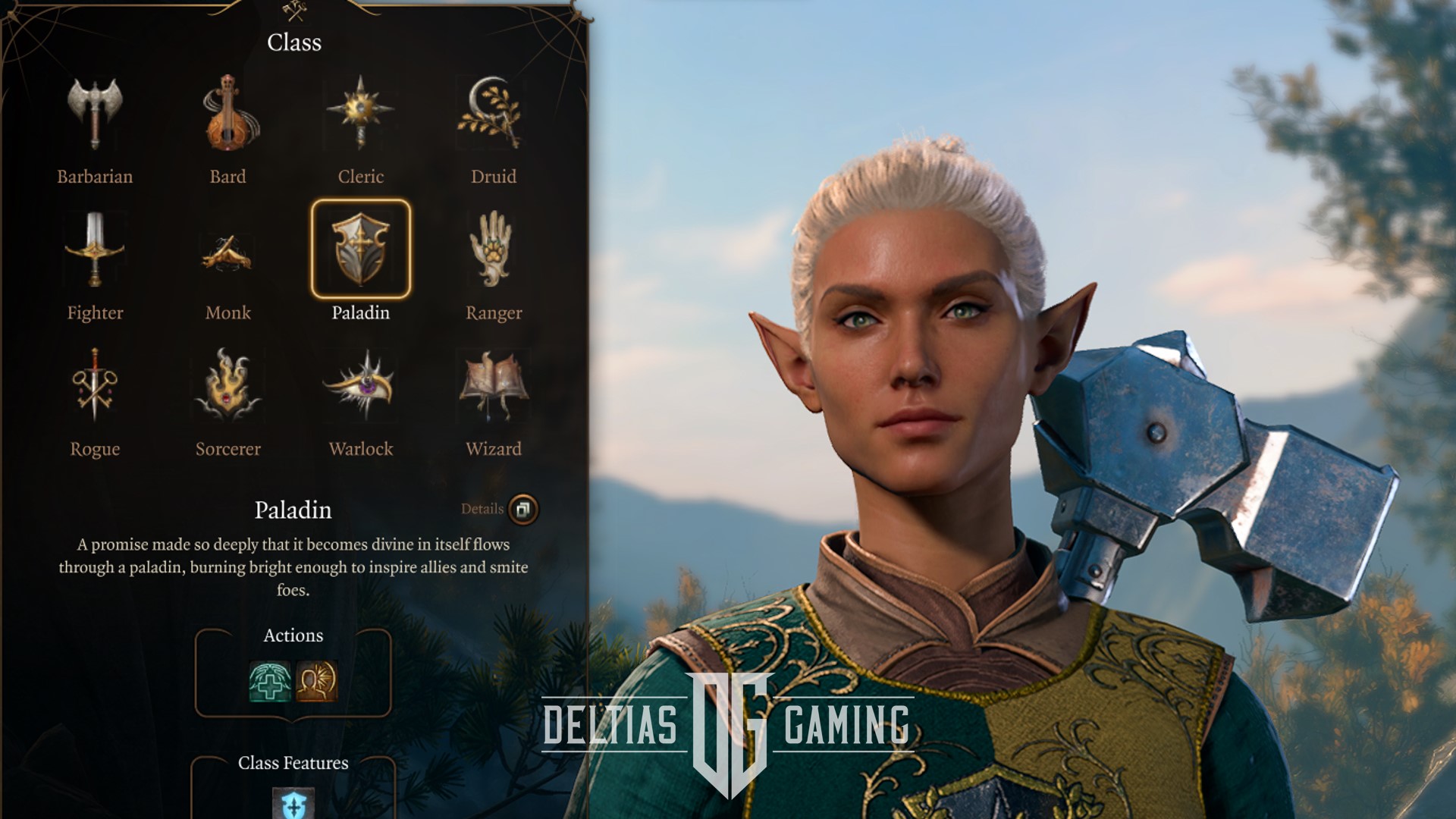
The following list presents all classes available in Baldur’s Gate 3:
- Barbarian: aggressive, simple, melee damage dealer
- Bard: the best class for dialogue, exploration, and story focus
- Cleric: support-oriented and the strongest healer
- Druid: meant for players who want to Wild Shape and emphasize nature
- Fighter: the simplest and most effective build for new players
- Monk: powerful unarmed damage dealer with multiple attacks
- Paladin: best overall class, but can be complex
- Ranger: the strongest class for solo play and range damage
- Rogue: excels at dual wield, bow, and group utility
- Sorcerer: the most powerful spellcaster in BG3, but lacks spell selection
- Warlock: a simple spell caster that is usually used for multiclassing
- Wizard: the most versatile spellcaster
Barbarian
The strong embrace the wild that hides inside – keen instincts, primal physicality, and most of all, an unbridled, unquenchable rage.
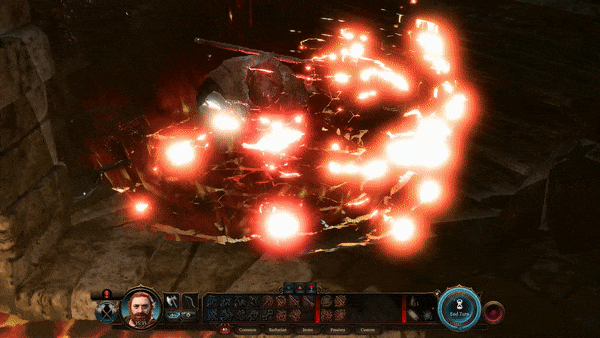
- Subclasses: Wildheart, Berserker, Wild Magic
- Weapons Proficiencies: Simple Weapons, Martial Weapons
- Armor Proficiencies: Light Armor, Medium Armor, Shields
Barbarians stand as supreme melee warriors, relying on their sheer strength and ferociousness to carve through adversaries. They can tap into a state of rage, boosting their damage output and resilience. Proficiency with a wide range of weapons and armor renders them adaptable combatants. Choose Barbarian if you want to swing your sword and charge into enemies with berserker rage. Classic barbarian can also speak with animals and will be a fantastic class for melee combat.
Among Barbarians, the strongest subclass is the Berserker. These individuals surpass other barbarians in destructiveness and also carry recklessness. While in active rage, they endure pain but also deal a great amount of damage. This paints them as both a fragile cannon and, with rage management, a truly mighty class on the battlefield.
Bard
You know music is more than fancy – it is power. Through study and adventure, you have mastered song, speech, and the magic within.
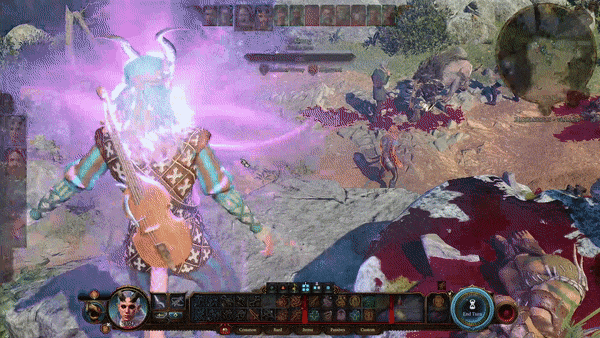
- Subclasses: College of Valour, College of Lore, College of Sword
- Best Subclass: College of Valour
- Weapons Proficiencies: Simple Weapons, Hand Crossbows, Longswords, Rapiers, Shortswords
- Armor Proficiencies: Light Armor
Bards are flexible characters skilled in music, magic, and combat. Their unique skills can boost their friends, weaken foes, and have the captivating ability to wield musical instruments. Picture the Bard as an engaging, unconventional, and distinct style of play beyond battles. A recommended approach for optimal Bard gameplay revolves around prioritizing healing, support, and crowd control abilities. While Bard’s combat utility is noticeable, its true strength shines during interactions outside of combat scenarios.
In Baldur’s Gate 3, the Bard proves a remarkable choice if your focus lies in narrative immersion. While the class’s offensive spells may not match the strength of Sorcerers or Wizards, it can still successfully be adapted into a damage-dealing role. Nonetheless, the class’s most significant advantage is its exceptional ability to enrich storytelling and dialogue options, offering a unique and enjoyable gaming experience. Bards are a top choice for roleplayers and music enthusiasts, showcasing an array of fantastic party support spells!
Cleric
Clerics are representatives of the gods they worship, wielding potent divine magic for good or ill.
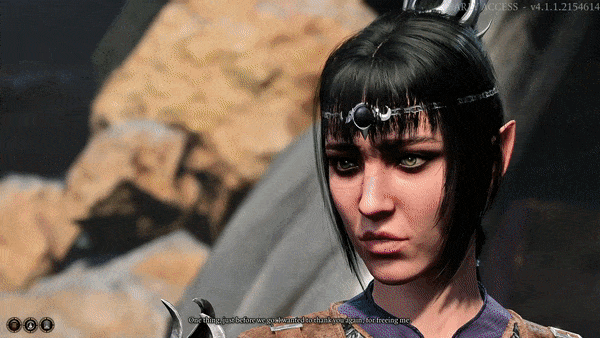
- Subclasses: Knowledge Domain, Life Domain, Light Domain, Nature Domain, Tempest Domain, Trickery Domain, War Domain
- Best Subclass: Life Domain
- Weapons Proficiencies: Simple Weapons, Morningstars
- Armor Proficiencies: Light Armor, Medium Armor, Shields
In Baldur’s Gate 3, the Life Cleric is a specialized class focused on healing and supporting allies, drawing strength from the divine deity they worship. They excel in front-line support, healing and have unique abilities and spells like Discipline of Life and Life Domain Spells. This support-oriented playstyle emphasizes healing, buffs, and a little damage. For those seeking optimal support gameplay, the Life Cleric stands out. With heavy armor proficiency, they shine in both ranged and melee scenarios, offering unmatched overall healing and group utility.
Meanwhile, the Light Domain subclass shines in its remarkable versatility, offering access to potent support spells, bonuses, high-damage spells, and weapon choices. As a ranged healer, characters of this archetype often outlast their allies on the battlefield. A prime example is Shadowheart, a companion embodying the Trickery Domain subclass. Pick Cleric if you want to cast powerful spells and support your team with the blessing of your diety.
Druid
Druids channel the elemental forces of nature and share a deep kinship with animals. Mastery of Wild Shape allows them to transform into beasts from all over the Realms.
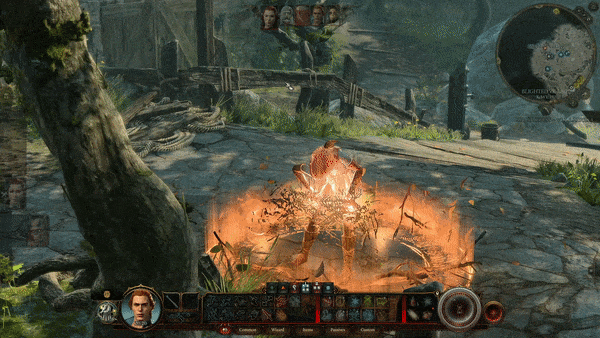
- Subclasses: Circle of the Land, Circle of the Moon, Circle of the Spores
- Best Subclass: Circle of the Moon
- Weapons Proficiencies: Clubs, Daggers, Javelins, Maces, Quarterstaffs, Scimitars, Sickles, Spears
- Armor Proficiencies: Light Armor, Medium Armor, Shields
Druids, as spellcasters, wield nature magic and possess the remarkable ability to transform into various animals through Wild Shape. By taking on forms like wolves, owlbears, and spiders, they gain distinct tactical advantages. They can do all: support roles, crowd control, and damage dealing, making them invaluable assets in any group. Thanks to their Wild Shape skill and healing capabilities, Druids have high survivability.
For those interested in combat and damage, the Circle of the Moon subclass is the best choice among Druids. This subclass revolves around utilizing Wild Shape for dynamic transformations, primarily focusing on great damage. While it possesses other forms of support and moderate healing, this Druid excels through its Wild Shapes, dealing exceptional damage, and having robust survivability.
Druids are the closest to nature class, with the wild shape ability to transform into many creatures and talk to all animals. If you want to transform into animals, cast powerful spells, and do considerable AoE and single-target damage, you want to play this class. Good for the beginner player who wants to play a “mage-type character”.
Fighter
Fighters have mastered the art of combat, wielding weapons with unmatched skill and wearing armor like a second skin.
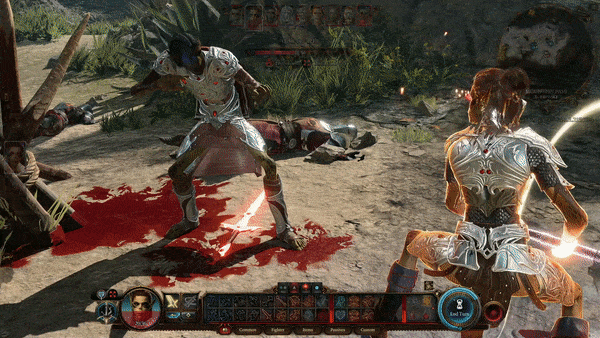
- Subclasses: Champion, Eldritch Knight, Battle Master
- Best Subclass: Battle Master
- Weapons Proficiencies: Simple Weapons, Martial Weapons
- Armor Proficiencies: Light Armor, Medium Armor, Heavy Armor, Shields
The Fighter class proves an excellent pick for those seeking to emphasize damage dealing and robust tanking in Baldur’s Gate 3. With a substantial hit point pool and access to various armor and weapons, Fighters have exceptional durability in combat scenarios. Complemented by abilities like Action Surge and Second Wind, they’re equipped to deal great damage.
This class truly shines when adopting a two-handed weapon style, pursuing an ultra-aggressive approach. Its strengths are single-target damage, crowd control, and staying power, all of which make it an approachable and straightforward option for those new to BG3. The Fighter’s potency is apparent from the beginning and maintains its impact up to the maximum level of 12.
If you’re seeking a class capable of delivering and enduring substantial damage, the Fighter is an ideal choice. A great example is Lae’zel, on of the companions who greatly enhances any party they join. This easy-to-play class won’t let you sit back. You’ll be in the middle of the combat, swinging your sword at enemies, and you will be a powerful force on the field. Perfect for beginners!
Monk
Channel your cosmic enlightenment by deftly dodging and efficiently disassembling your foes through stunning strikes and a whirlwind of martial art attacks.
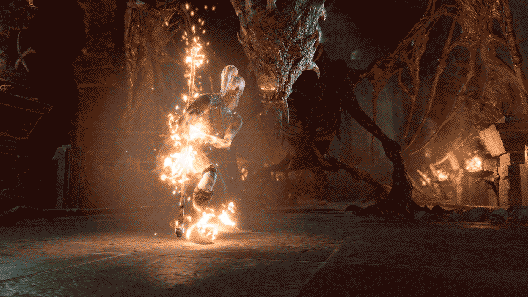
- Subclasses: Way of the Four Elements, Way of the Open Hand, Way of Shadow
- Best Subclass: Way of the Open Hand
- Weapons Proficiencies: Simple Weapons, Shortswords
In Baldur’s Gate 3, the Monk is a disciplined martial artist, channeling their inner energy to achieve remarkable physical feats and spiritual insight. Known for their unarmed combat, swift agility, and distinct mystical powers, Monks are a combination of unarmed strikes, polearms, and spells. Monk gameplay revolves around swift movement, focused single-target damage, and the ability to stun opponents.
Among the Monk’s subclasses, the Way of the Open Hand is the best choice. It empowers Monks to excel in ranged combat and adapt seamlessly to different situations by controlling the battlefield. This path offers a versatile and engaging playstyle that can prove highly rewarding, especially for players who relish strategic combat and crafting unique character builds. They can avoid combat in dialogues, following their philosophy and chosen path.
Paladin
Fuelled by the Oaths you swore to uphold justice and righteousness, you are a beacon of hope in dark times.
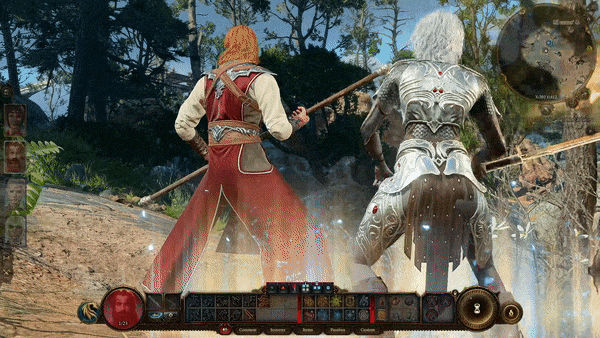
- Subclasses: Oathbreaker, Oath of Devotion, Oath of the Ancients, Oath of Vengeance
- Best Subclass: Oath of Vengeance or Oathbreaker
- Weapons Proficiencies: Simple Weapons, Martial Weapons
- Armor Proficiencies: Light Armor, Medium Armor, Heavy Armor, Shields
The Paladin class is one of the most intriguing and rewarding options, particularly for those interested in roleplaying. This divine warrior has the capacity to deliver impactful damage while offering healing and crowd control support to the group. Focused primarily on aggressive melee combat, Paladins wield high damage potential through mechanics like Smite, Dreadful Aspect, and Hellish Rebuke.
The Paladin spellcasting is limited compared to other classes, primarily focusing on the Divine Smite mechanism that inflicts additional damage by consuming spell slots. This feature empowers Paladins to unleash fantastic levels of damage. Generally, spell slots can be preserved for this mechanic, but when necessitated, they can be used to buff, heal, or apply crowd control, all of which the class capably provides to the group’s benefit. For those concentrating on dealing high damage, the Paladin is a great choice.
The Oathbreaker Paladin is a distinct subclass that delves into themes of darkness and corruption, enabling players to embody antiheroes or fallen champions seeking redemption.
Ranger
Rangers are unrivalled scouts and trackers, honing a deep connection with nature in order to hunt their favoured prey.
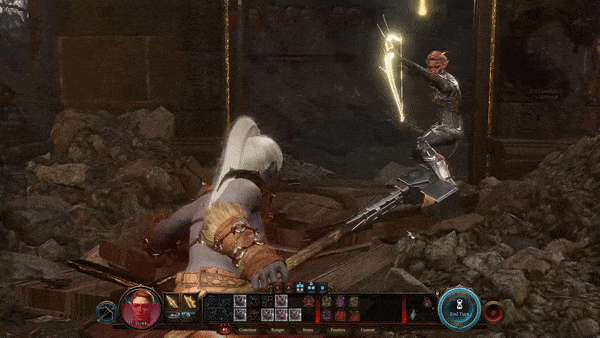
- Subclasses: Beast Master, Hunter, Gloom Stalker
- Best Subclass: Gloom Stalker
- Weapons Proficiencies: Simple Weapons, Martial Weapons
- Armor Proficiencies: Light Armor, Medium Armor, Shields
The foremost expert in ranged combat and survival skills are the Rangers. In Baldur’s Gate 3, they seamlessly meld the finesse of a skilled marksman with an innate connection to the natural realm. Rangers can pick three distinct subclasses, each setting them apart from the others.
The Hunter subclass distinguishes itself through the Hunter’s Prey feature, empowering the Ranger with a unique ability tied to their chosen target. This class excels at high mobility and ranged damage. On the other hand, the Beast Master subclass centers around forging a bond with a loyal animal companion, aiding the Ranger in combat, exploration, and various undertakings. Meanwhile, the Gloom Stalker subclass excels in stealth, darkness, and ambushing enemies. Thriving in dim or dark conditions, they wield abilities emphasizing surprise attacks and concealment.
This class’s focus centers on dealing damage on single targets from a distance, wielding a bow as your primary weapon. Swiftly eliminate targets, often with the advantage of being the first to act in the turn. Choose Ranger if you love bow combat, this class can deal fantastic damage from far and will prove extremely useful in exploration. You can build Ranger in many ways, including a survival-trained ranger or a sneaking master.
Rogue
With stealth, skill, and uncanny reflexes, a rogue’s versatility lets them get the upper hand in almost any situation.
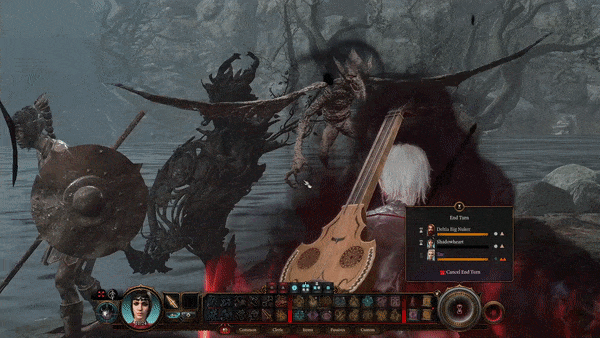
- Subclasses: Assassin, Arcane Trickster, Thief
- Best Subclass: Thief
- Weapons Proficiencies: Simple Weapons, Hand Crossbows, Longswords, Rapiers, Shortswords
- Armor Proficiencies: Light Armor
Rogues, ar famous masters of stealth, deception, and precise strikes, prove their skill in both melee and ranged combat. Their Sneak Attack ability can deal significant damage through a single, well-aimed blow. In addition, their diverse skill set is extremely useful in scenarios outside of combat, where their capabilities shine in lockpicking, trap disarming, and pickpocketing. Having one character capable of all of these outside combat actions is a must, and Rogues are the best for this type of job.
While Rogues might not be good for the role of a front-line tank, they have the capacity to deliver substantial damage within a single turn. They can adopt the typical stealth-focused damage dealer, proving themselves as fantastic assets. Alternatively, they can embrace the roles of spellcasters and tricksters, leveraging their wits to outmaneuver your enemies in Baldur’s Gate 3. Trick your enemies and walk around the battlefield unnoticed.
Sorcerer
Sorcerers are natural spellcasters, drawing on inherent magic from a gift or bloodline.
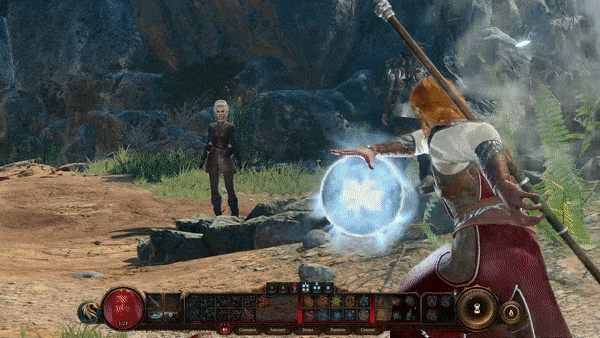
- Subclasses: Draconic Bloodline, Wild Magic, Storm Sorcery
- Best Subclass: Draconic Bloodline
- Weapons Proficiencies: Daggers, Quarterstaffs, Light Crossbows
Sorcerers harness magical abilities and wield a distinctive class mechanic called metamagic. This unique trait empowers sorcerers to manipulate and enhance their spells in many ways, providing flexibility and adaptability to their spellcasting capabilities. Through metamagic, Sorcerers can extend spell range, cast multiple times in a single turn, and more. Although their spell book is limited compared to a Wizard’s, the potential for powerful bursts of magic damage is notably high.
This playstyle centers on inflicting widespread area-based damage. Depending on your party composition, the best option might be to assign other companions or players to heal, tanking, melee engagement, and buffing roles. Sorcerer’s biggest advantage and objective revolves around launching multiple fireballs or similar area-effect spells to destroy groups of enemies.
The best Sorcerer subclass is the Draconic Bloodline, your dragon ancestor blood is in your veins, giving you unique buffs and resilience. Interestingly, the Wild Magic subclass, where you will receive a connection to chaos and untamed magic, will lead to unpredictable effects and a fun story playthrough.
Warlock
Bound by a pact to an all-powerful patron, warlocks trade their loyalty for supernatural abilities and unique magic.
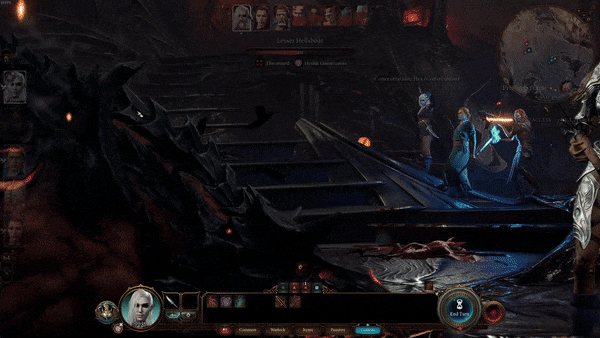
- Subclasses: Archfey, The Fiend, The Great Old One
- Best Subclass: Fiend
- Weapons Proficiencies: Simple Weapons
- Armor Proficiencies: Light Armor
Warlocks are mysterious and powerful spellcasters who have made a pact with a powerful being, such as a devil, demon, or archfey. They pledge themselves to serve their patron’s often dark and wicked agendas in return for their magical abilities. The class is appreciated for its adaptability and versatility, with the reliable Eldritch Blast cantrip standing as its primary tool for inflicting consistent ranged damage. Utilizing the potent Eldritch Blast cantrip with Hex to weaken your enemies. Additionally, you unlock an area damage, crowd control, and buffs spells.
While warlocks excel in combat, their reputation is also built on their wits and charisma. Proficient negotiators and manipulators leverage their powers to secure their desires, even if it involves bending rules or crossing moral boundaries. Among the spellcasting classes in Baldur’s Gate 3, warlocks present the most straightforward path, highly recommended for those aspiring to craft a charismatic character.
Wizard
Master the arcane by specializing in individual schools of magic, combining ancient spells with modern research.
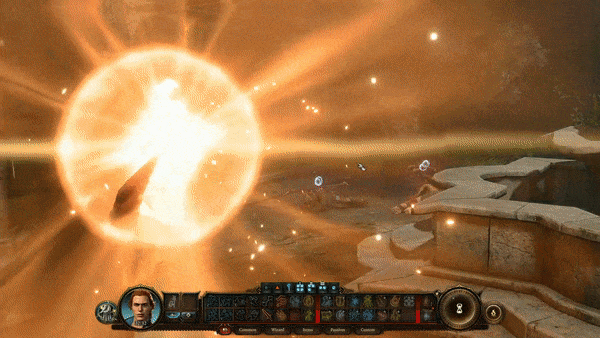
- Subclasses: Abjuration, Conjuration, Divination, Enchantment, Evocation, Necromancy, Illusion, Transmutation
- Best Subclass: Evocation
- Weapons Proficiencies: Daggers, Quarterstaffs, Light Crossbows
The Wizard class is appreciated for its mastery of spellcasting and ability to learn spells from different sources. With the most extensive spell list in the game, Wizards are the best in range combat, area-of-effect spells, utility, and control. They allow you to carefully plan and prepare spells for each fight and gain a tactical advantage. Notably, this approach shines as an excellent choice for great area damage, which is fully noticeable around level 5.
The Evocation subclass is easily the best for DPS Wizards class, they emerge as a standout option, allowing you to wield immense area damage abilities, with its exceptional spell versatility, this Wizard subclass is a versatile caster, it remains a preferred choice among players seeking maximum impact. As a result, it aligns perfectly if your goal is a powerful Wizard and the optimal choice for those aspiring to harness the ultimate spellcasting potential. Another advantage of the Evocation Subclass is that your Wizard will not deal damage to your allies using their spells.
What Baldur’s Gate 3 Classes & Subclasses Should You Choose to Play?
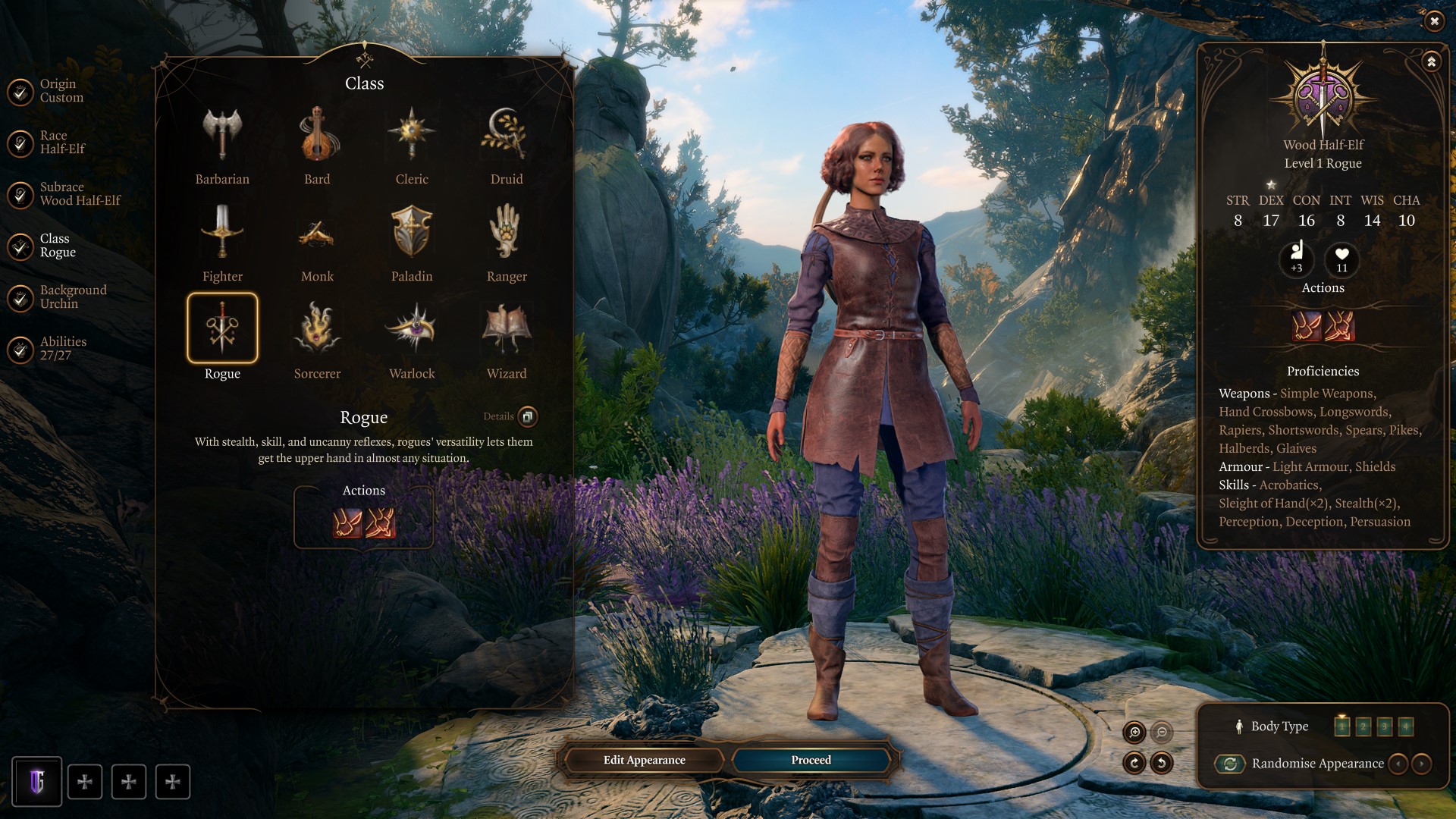
You should choose and play a class that reflects your favorite playstyle and what is the most appealing to you among the Baldur’s Gate 3 Classes & Subclasses. Class choice in Baldur’s Gate 3 is essential. Some races or backgrounds correlate better with certain playstyles and can have a better association with specific Classes and Subclasses. Secondly, there is a role-playing aspect of the game. Lastly, your gameplay will be determined by the character you create.
Three main factors can determine which class you should choose. Firstly, consider which playstyle you like ranged, melee, or spell casting. What seems the most appealing, or which class is the strongest? Some classes will be better or worst for certain playstyles or situations. For example, the Fighter class will be better at melee attacks and a wizard at range spellcasting. However, if you want to become powerful, it doesn’t matter what class you choose as long as you follow certain rules while creating your character.
Class Ability Scorces in Baldur’s Gate 3
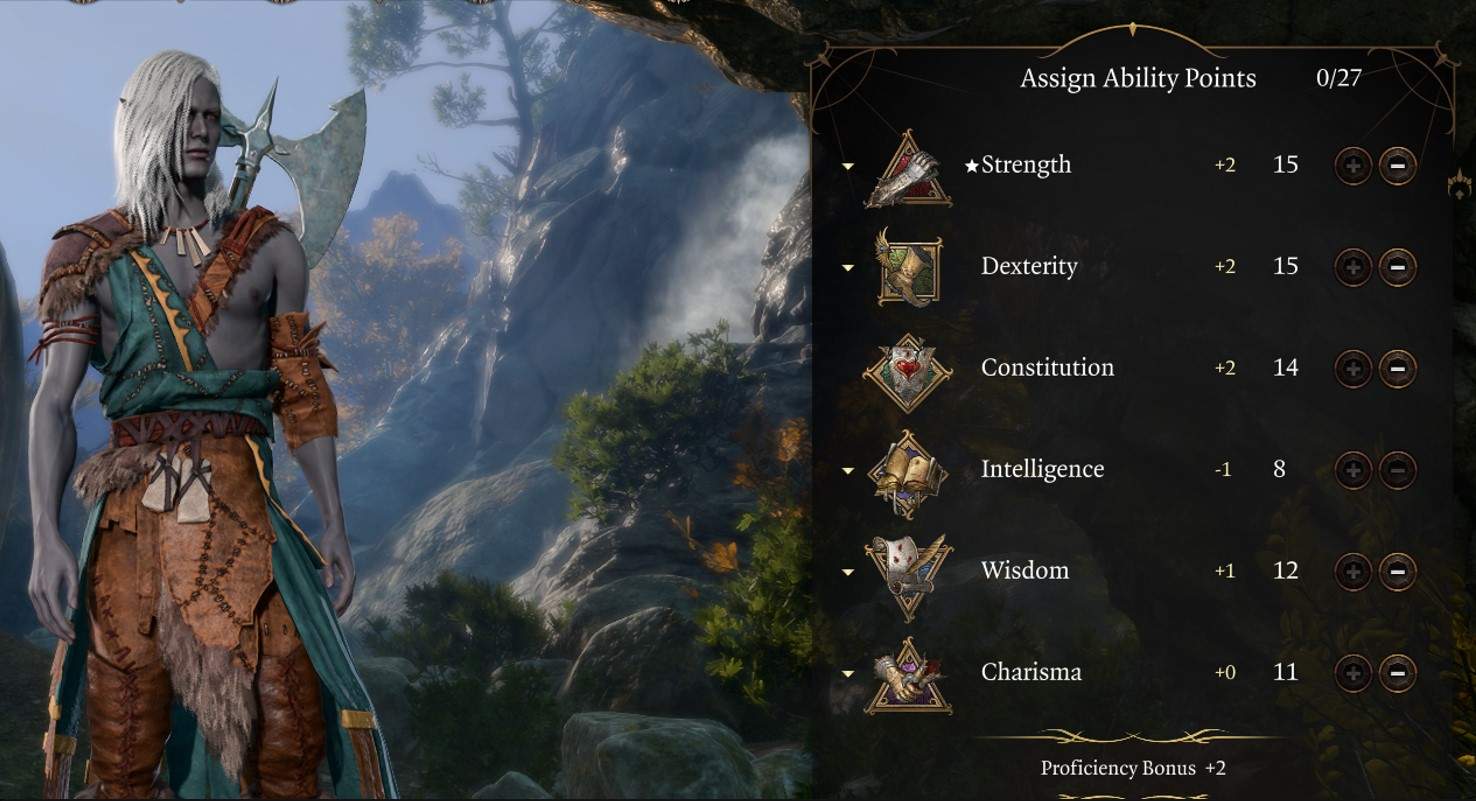
Firstly, each class has a primary ability that you should focus on. You can learn it by reading the character description or heading to the Abilities tab and checking which statistic is marked with the star icon. Whatever class you choose, you should put maximum points into its primary ability and, next, your secondary ability. The primary ability is marked with a star in the ability point list.
All Baldur’s Gate 3 Abilities are:
- Strength – Primary statistic for Fighter, Barbarian, Paladin
- Dexterity – Primary statistic for Ranger, Rogue
- Constitution
- Intelligence – Primary statistic for Wizard
- Wisdom – Primary statistic for Cleric, Druid
- Charisma – Primary statistic for Warlock, Sorcerer, Bard
Also, after you pick a class, the game automatically distributes the points into statistics for you. Generally, the suggestions aren’t a bad idea to keep it if you are unsure what to pick. Now that you know how classes and abilities work, you can also maximize your character potential with races and backgrounds.
Class, Background, and Race Combos in BG3
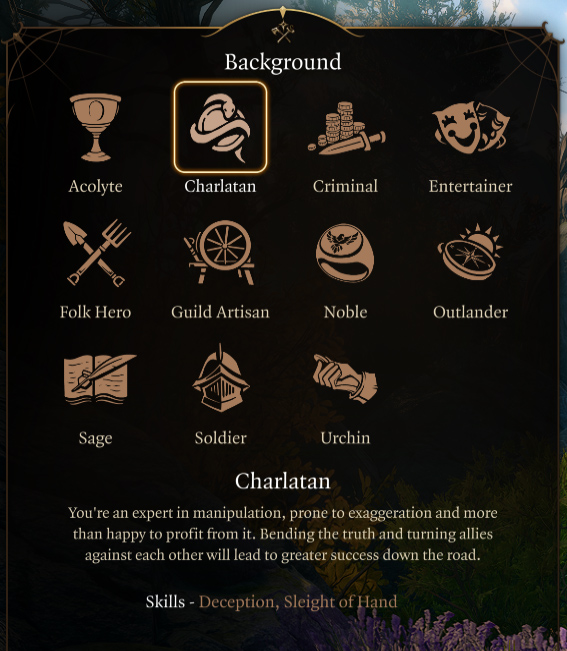
Background primarily influences roleplaying aspects and who your character is. Moreover choosing backgrounds and, as a result, skills that offer bonuses to your class, primarily statistics, will also increase your character’s efficiency. Additionally, your race choice can also offer bonuses and special skills, so picking a race that further boosts it will help you as well.
For examples of good class, background, and race combos, check out the specific class pages for more information on how to build your character for each class.
For example, if you are a Cleric and your primary ability is Wisdom, you should aim to be proficient in Animal Handling, Insight, Medicine, Perception, and Survival. Folk Hero (Survival, Animal Handling) is the background that includes those skills and could be a choice here. Then you can use the remaining skill points from your class to add missing proficiencies.
Similarly, the best race for Ceric would be Gold Dwarf, which gives you extra weapon proficiencies and armor proficiency – which is extremely useful if you want to play melee. Further, when building the range Cleric, you could pick wood elf or half-elf races to become proficient with longbows, which is the racial advantage of wood elves.
Recommended Races, Skills, and Abilities for Every Class in BG3
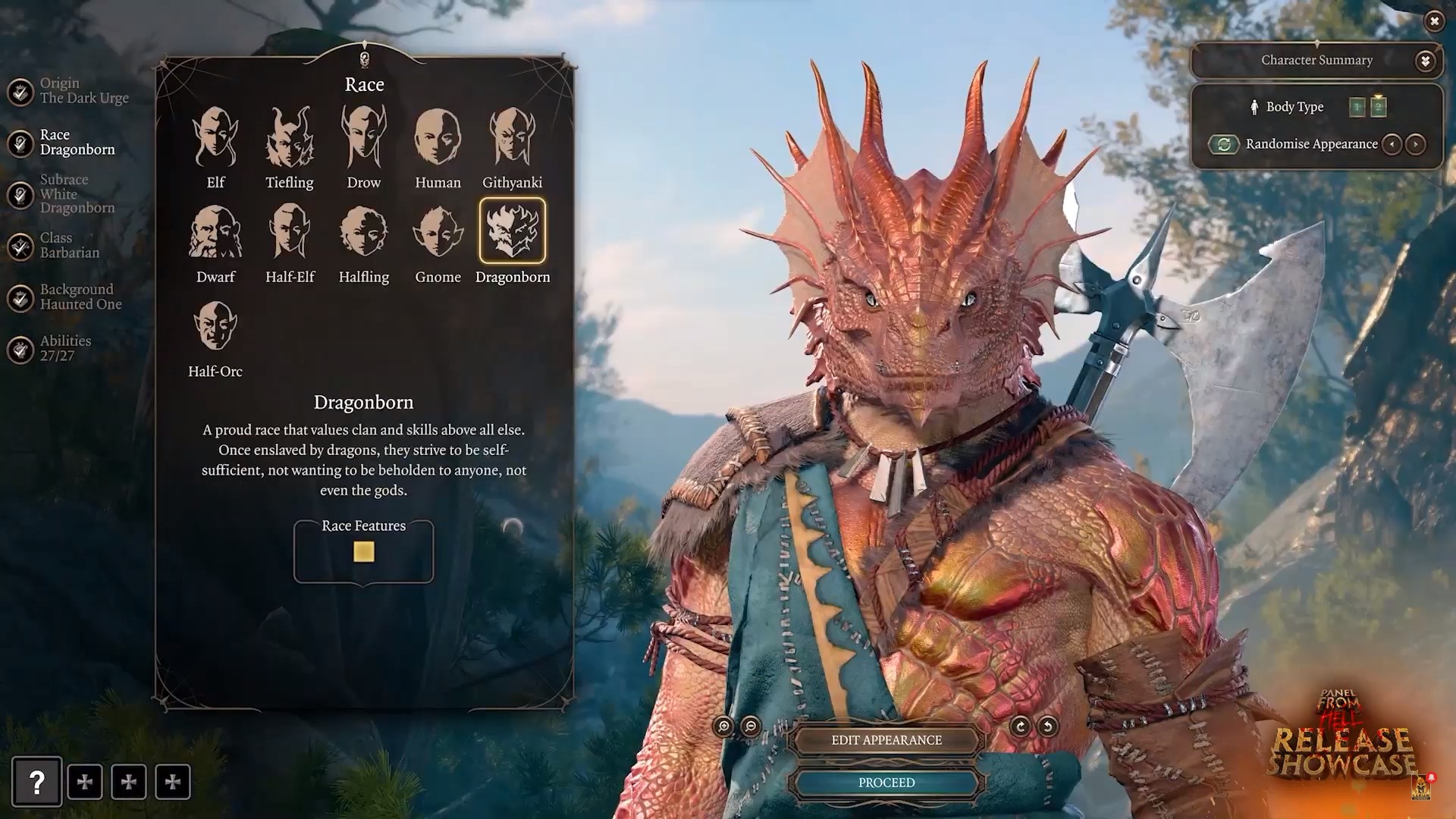
Here are the skills, abilities, and races for classes and subclasses in Baldur’s Gate 3 that we recommend you choose. However, remember that those recommendations can vary depending on your weapon, armor, and subclass choice. Our suggestions ensure you’ll create a strong character by picking any class, race, or skill combination from the table below.
The table below lists all recommended combinations of skills, abilities, and races for each class:
| Class | Primary Ability | Recommended Races | Recommended Skills |
|---|---|---|---|
| Barbarian | Strength | Half-Orc, Duergar Dwarf, Githyanki, Zariel Tiefling | Athletics, Intimidation |
| Bard | Charisma | High Half-Elf, Human, Zariel Tiefling | Deception, Intimidation, Performance, and Persuasion |
| Cleric | Wisdom | Wood Half-Elf, Human, Asmodeus Tiefling | Insight, Medicine, Perception, and Survival |
| Druid | Wisdom | Wood Half-Elf, Gold Dwarf, Asmodeus Tiefling | Insight, Medicine, Perception, and Survival |
| Fighter | Strength | Half-Orc, Duergar Dwarf, Githyanki, Zariel Tiefling | Athletics, Intimidation |
| Monk | Dexterity & Wisdom | Githyanki, Wood Half-Elf, Human | Insight, Medicine, Perception, Survival, Acrobatics, Sleight of Hand, and Stealth |
| Paladin | Strength | Half-Orc, Duergar Dwarf, Githyanki, Zariel Tiefling | Athletics, Persuasion |
| Ranger | Dexterity | Wood Elf, Githyanki, Asmodeus Tiefling | Acrobatics, Sleight of Hand, and Stealth |
| Rogue | Dexterity | Wood Elf, Drow, Deep Gnome, Haflings | Acrobatics, Sleight of Hand, and Stealth |
| Sorcerer | Charisma | High Half-Elf, Human, Dragonborn | Deception, Intimidation, and Persuasion |
| Warlock | Charisma | High Half-Elf, Human, Asmodeus Tiefling | Deception, Intimidation, Performance, and Persuasion |
| Wizard | Intelligence | High Half-Elf, Human, Asmodeus Tiefling | Arcana, History, Investigation, Nature, and Religion |
What is Multiclassing in Baldur’s Gate 3?
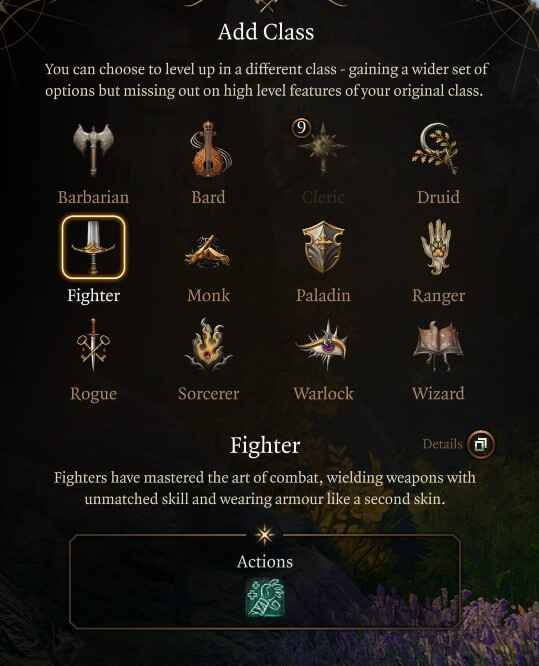
Multiclassing in Baldur’s Gate 3 is an advanced player choice that allows you to spend levels in more than one class. In short, this allows you to create a character that has more than one class and can use spells, attacks, or even dialogue options from all of them. It can benefit your build but also be destructive, and you’ll end up with a character that cannot deal any serious damage.
The game is based on D&D 5e rules, which can be helpful but slightly differ from the tabletop game. If you are new to Baldur’s Gate 3 or not familiar with the tabletop game, we don’t recommend multiclassing with your first character. For more information, visit our Baldur’s Gate 3 Multiclassing: How Does It Work Guide.
Looking For More About Baldur’s Gate 3?
Thank you for reading All Baldur’s Gate 3 Classes & Subclasses: What to Choose? guide. We provide the latest news and create guides for Baldur’s Gate 3. Also, watch me play games on Twitch or visit my YouTube channel!
 Reddit
Reddit
 Email
Email
